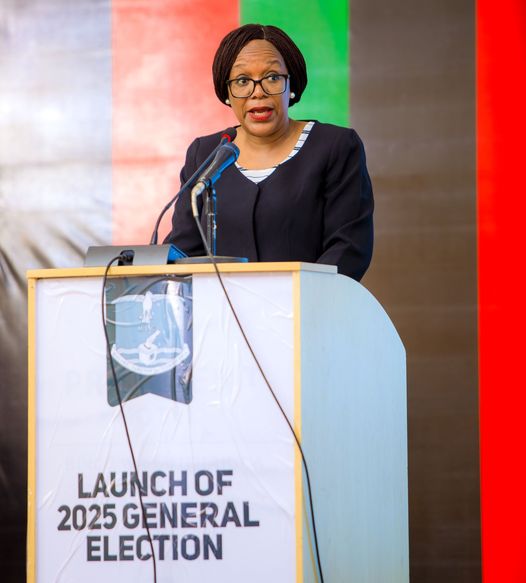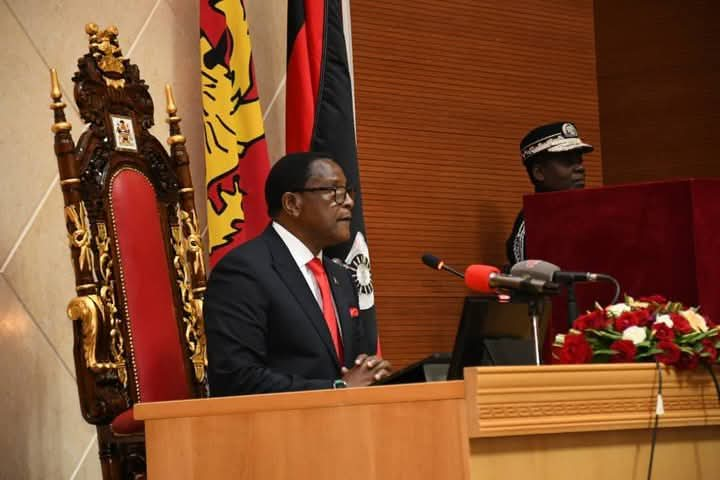By Burnett Munthali
The Malawi Electoral Commission (MEC) has expressed concerns over potential amendments to the law regarding voter identity criteria, warning that such changes could severely disrupt the commission’s operations ahead of next year’s elections. MEC made this warning as lawmakers and stakeholders continue discussions around the possibility of altering voter identification requirements in an effort to address gaps in the current system.
In a statement issued by MEC Chairperson, Justice Chifundo Kachale, the commission cautioned that altering the eligibility criteria could lead to significant logistical challenges and confusion for both voters and electoral officers. MEC emphasized that it has long relied on specific, clear identification methods, and any sudden changes to this system would not only require extensive voter education but could also cause delays in the overall election process.
“Any move to amend the law regarding the eligibility criteria for voter identity could negatively impact the commission’s activities, particularly at this critical time when we are finalizing preparations for the upcoming elections,” Kachale said.
The current voter identification system requires eligible Malawians to present valid national identity cards during registration and voting. However, some political parties and civil society organizations have pushed for reforms, citing the need for inclusivity, particularly for those who may not have immediate access to national IDs, such as rural communities and marginalized groups.
While MEC acknowledges the need for inclusivity, it insists that any amendments must be carefully thought through and aligned with the realities on the ground. Introducing new forms of identification without ensuring adequate infrastructure and awareness could lead to voter disenfranchisement, confusion at polling stations, and complications in the verification of voter identities.
The commission also highlighted the potential financial implications of making changes to the voter identity law. MEC has already committed significant resources toward election preparations, including procurement of materials, voter education campaigns, and training of staff. Any additional changes would likely require a substantial increase in funding, which could strain the commission’s budget and lead to inefficiencies.
Opposition political parties and civil society organizations have argued that the current voter identification system excludes certain populations, particularly those in remote areas, and they have called for alternative forms of identification, such as district certificates or passports, to be accepted for voter registration. They argue that without such reforms, many eligible voters may be left out of the electoral process.
However, MEC insists that the current system is designed to ensure integrity and security in the electoral process. Allowing multiple forms of identification could open the door to fraud and manipulation, which would undermine the credibility of the elections.
As discussions around the proposed amendments continue, MEC has called on stakeholders to engage in a thorough dialogue that balances the need for inclusivity with the logistical and operational realities of organizing a national election. The commission stressed the importance of maintaining the integrity of the election process, ensuring that any changes do not compromise the accuracy of the voter roll or lead to disputes during the election period.
With the 2025 general elections fast approaching, the timing of any legislative changes will be crucial. MEC has urged lawmakers to consider the commission’s capacity and readiness before pushing for any last-minute amendments that could derail the election process.




